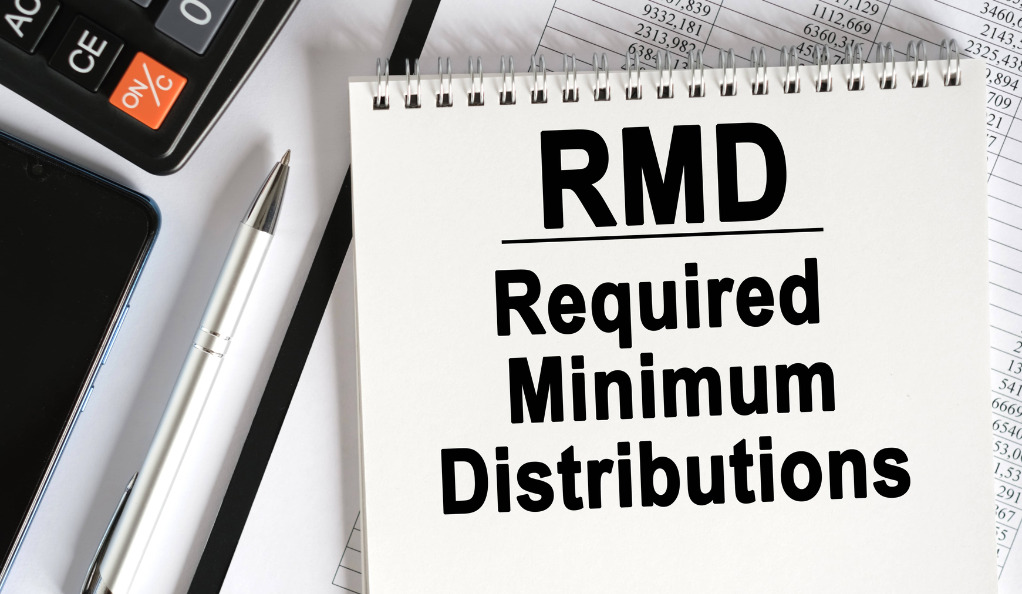The Internal Revenue Service (IRS) has often adjusted the required minimum distributions (RMDs) to reflect changes in the market and economic conditions. In light of the ongoing financial implications of the COVID-19 pandemic, there are speculations that the IRS may potentially reduce the 2021 RMDs. Understanding the possibility and implications of such a reduction is crucial for retirement account holders to plan their finances effectively.

Understanding the Possibility of IRS Reduction on 2021 RMDs
The RMD is the minimum amount you must withdraw from your retirement accounts each year when you reach a certain age, currently 72. However, the RMDs are calculated based on life expectancy tables provided by the IRS, which recently updated its life expectancy tables to reflect increasing longevity. This change alone will result in lower RMDs for most retirees starting in 2022.
Moreover, the SECURE Act, signed into law in December 2019, increased the age at which RMDs must begin from 70½ to 72. Due to hardships caused by the pandemic, the CARES Act waived RMDs for 2020. Therefore, considering these recent legislative changes and the prevailing economic conditions, it is a possibility that the IRS might reduce the 2021 RMDs. However, the IRS has not provided any official statement in this regard yet.
Key Details: What the 2021 RMD Reduction Could Mean for You
If the IRS does indeed reduce the RMDs for 2021, it could mean significant tax savings for retirees. The RMDs are considered taxable income, so a reduction would mean a lower taxable income, potentially leading to a lower tax bracket and thus less tax liability. Moreover, smaller RMDs could also help preserve retirement savings for longer, particularly beneficial during unpredictable economic times.
However, it is also essential to consider the potential financial implications of lower RMDs. If you rely on your RMDs for living expenses, a reduction could significantly impact your income stream. Therefore, it would be wise to explore other sources of income or consider the possibility of taking more than the required minimum distribution if this suits your financial needs and circumstances.
Retirees and retirement account holders need to monitor the potential IRS reduction on 2021 RMDs closely. While the reduction could lead to potential tax savings and longer preservation of retirement savings, it may also impact those who depend on these distributions for their regular expenses. Hence, it is crucial to evaluate your personal financial situation and possibly consult with a tax or financial advisor to make the most informed decisions. As of now, no official announcement has been made about a potential IRS reduction on 2021 RMDs, so it remains speculation until the IRS makes an official statement.
Ainu Token aims to offer impartial and trustworthy information on cryptocurrency, finance, trading, and shares. However, we don't provide financial advice and recommend users to conduct their own studies and thorough checks.



Comments (No)